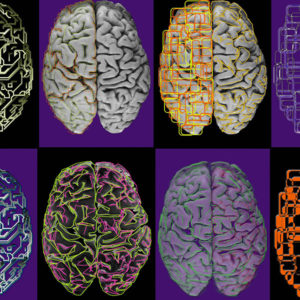Molecular Neurodegeneration and Therapeutic Approaches
23–27 June 2025
Wellcome Genome Campus, UK
Summary
This popular course will provide an overview of clinical hallmarks of several neurodegenerative disorders including Alzheimer’s disease, Huntington’s disease, Parkinson’s disease, amyotrophic lateral sclerosis (ALS), frontotemporal dementia (FTD) and Spinocerebellar ataxias. Global experts will highlight the genetic basis of these disorders, and discuss the molecular mechanisms behind emerging therapeutic treatments. Genomic and molecular techniques, cellular models, and AI / computational methods will detailed by leading researchers who are applying these cutting-edge approaches in neurodegeneration research.
Designed to help you formulate ways to develop your work, this training will be a blended mix of talks, panel sessions, interactive discussions, and quizzes. Participants are encouraged to present their work as posters and poster pitches to gain feedback from experts. There will also be plenty of informal face-to-face networking opportunities with the course cohort and experts.
This trainee-focussed course is aimed at individuals working in neurodegenerative research, neurogenetics, or translational neuroscience. We encourage applications from PhD students, clinical scientists in training, and emerging researchers based in the pharmaceutical and biotechnology industries. Post-doctoral researchers and scientists who have recently moved into the neurodegeneration field should also apply.
Learning outcomes
Following attendance of this course, you will be able to:
- Describe pathological hallmarks of the major neurodegenerative diseases and explain general mechanisms involved in various disorders.
- Recognise the value of applying various genetic and genomic approaches to neurodegenerative diseases.
- Understand the ALS-FTD disease spectrum and describe key genetic components involved.
- Explain the role of amyloids and Tau play in Alzheimer’s disease.
- Understand the disease pathogenesis of Huntington’s disease.
- Differentiate different forms of Parkinson’s disease and understand the underlying genetic mechanisms.
- Understand how to identify targets for therapeutic development and recognise challenges involved in new developing treatments.
- Appraise human stem cells and brain organoids as models of neurodegeneration.
- Evaluate the advantages of applying various cutting-edge genomic and molecular techniques in neurodegeneration research.
- Understand how AI and computational models are impacting our understanding of neurodegenerative diseases.
- Connect with researchers working on various aspects of neurodegeneration and formulate ways to develop your own work.
Programme
This course will run from 12:00 on Monday, 23 June and will close at approximately 13:00 Friday, 27 June 2025.
Topics will include:
- Clinical and pathological aspects of neurodegeneration
- Genetic aspects of neurodegenerative disease
- Disease spectrum of ALS-FTD
- Alzheimer’s disease: amyloids and Tau dementia
- Therapeutic strategies for Huntington’s disease
- Mechanisms of Parkinson’s Disease
- Emerging translational and therapeutic approaches
- Cellular models of neurodegenerative disease
- Experimental and computational techniques for studying neurodegeneration
- Cutting-edge therapeutics and methods.
Committee and speakers
Scientific Programme Committee
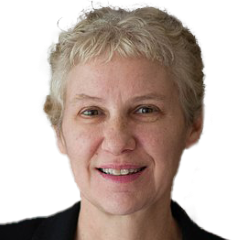
Nancy Bonini
University of Pennsylvania, USA
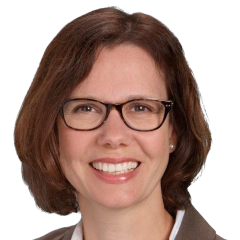
Rita Sattler
Barrow Neurological Institute, USA
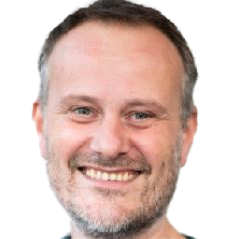
Patrik Verstreken
VIB-KU Leuven Center, Belgium
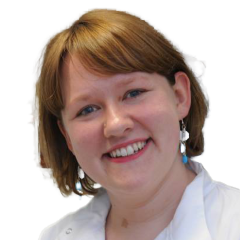
Selina Wray
Univeristy College London, UK
Confirmed instructors
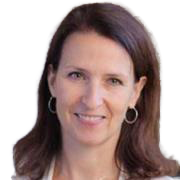
Karen Duff (Keynote)
UK Dementia Research Institute, UK

Andrew Bassett
Wellcome Sanger Institute, UK
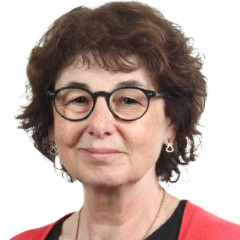
Gillian Bates
UK Dementia Research Institute, UK

Omer Bayraktar
Wellcome Sanger Institute, UK
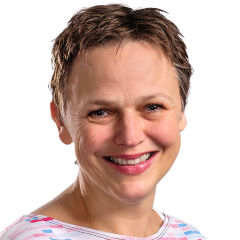
Caroline Benn
LoQus23 Therapeutics Ltd, UK
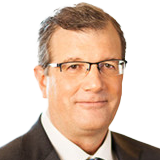
Frank Bennett (live-streamed)
Ionis, USA

Nancy Bonini
University of Pennsylvnia, USA
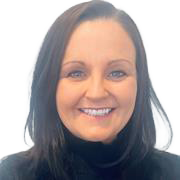
Fiona Ducotterd
University College London, UK
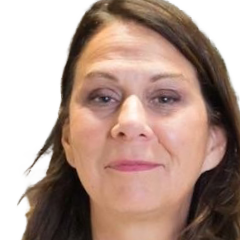
Alexandra Durr
Paris Brain Institute, France

Warren Hirst (lIve-streamed)
Dacapo Brainscience, USA

Frances Edwards
University College London, UK
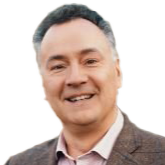
George Malliaras
University of Cambridge, UK
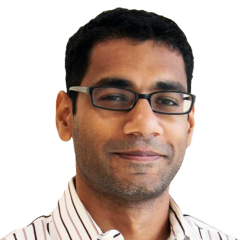
Vilas Menon
Columbia University, USA
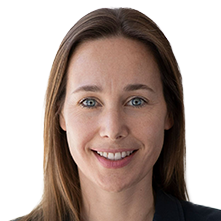
Rosa Rademakers
VIB-UA Antwerp, Belgium
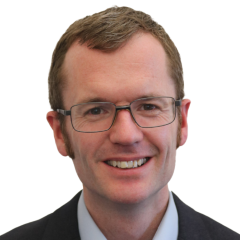
Tim Rittman
University of Cambridge, UK
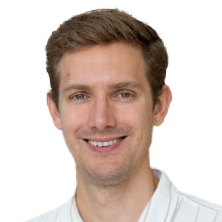
Benjamin Ryskeldi-Falcon
MRC Laboratory of Molecular Biology, UK

Rita Sattler
Barrow Neurological Institute, USA
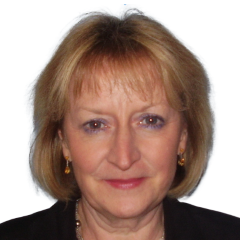
Pamela Shaw
University of Sheffield, UK

Patrik Verstreken
VIB-KU Leuven, Belgium

Selina Wray
University College London, UK
Organisers – Wellcome Connecting Science
Lucy Criddle – Event logistics
Jane Murphy – Programme development
How to apply
Application and bursary deadline: Tuesday 1 April 2025 @23:59 BST
Places on this course will be awarded on merit. Applicants should be currently engaged in relevant work and will be required to complete an online application form, including an application statement and a letter of support from your supervisor or Head of Department.
Supervisor’s letter
You will need a letter from your Supervisor or Head of Department to support your application. If you are unlikely to receive this before the deadline, please contact our events team.
Your personal application statement should include:
- a brief outline of your current research
- an explanation on how the course is relevant to your current or future research plans
- a justification for attending on the course
- your qualifications.
If you have any problems with the online application process, please contact our events team.
Travel visas
Please check the UK government website for advice on whether you will need a visa or an electronic travel authorisation and how to obtain one: https://www.gov.uk/standard-visitor
Confirmed attendees requiring a letter to support a visa application should contact our events team.
Cost and financial assistance
| Course fee | |
| Including accommodation and all meals | £1042 |
| With lunch, evening meal but no accommodation | £615 |
Participants are encouraged to stay onsite as networking is an important part of this course.
The fee will be requested once acceptance is confirmed.
Accommodation
Booked accommodation will be at the Hinxton Hall Conference Centre, near Cambridge, for the nights of 23, 24, 25 and 26 June 2025.
Bursaries
Wellcome Connecting Science offers registration bursaries (usually up to 50% of the registration fee) to those who would benefit from attending the course but face financial barriers to attending events.
To apply for funding support, please select that you want to apply for a bursary in the online application form. Please be prepared to explain why you need support and how you will benefit from attending the course. The online application form must have been submitted before the deadline for your bursary application to be considered.
If you have any questions, please contact our events team.
We will be in contact with the result of your application shortly after the deadline.
Additional funding opportunities
Visit our support page for additional financial support currently available.
Extra accommodation
If you wish to book onsite accommodation either side of the course dates, please contact Hinxton Hall Conference Centre directly.
Accommodation services phishing scam – please be vigilant. More information
Sponsors
If you are interested in supporting this course, please contact the our sponsorship team.
